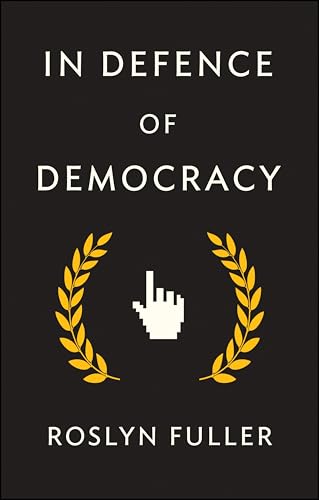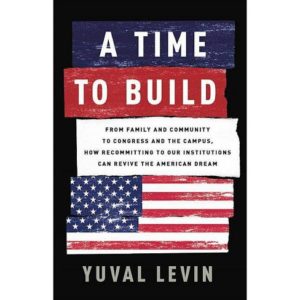 Modern anti-democrats tend to make two mutually reinforcing points, notes Andrew Gelman,
Modern anti-democrats tend to make two mutually reinforcing points, notes Andrew Gelman,
- First, that voters cannot be trusted because they make poor choices and that science shows that their opinions and votes are swayed by factors that should be irrelevant.
- Second, that some superior alternative to democracy (perhaps rule by the enlightened few, perhaps rule by the market) is available.
 In Roslyn Fuller’s new book, “In Defence of Democracy,” she offers a roundup of such anti-democratic opinions and argues against the democracy pessimists on both these points, he writes for The Washington Post:
In Roslyn Fuller’s new book, “In Defence of Democracy,” she offers a roundup of such anti-democratic opinions and argues against the democracy pessimists on both these points, he writes for The Washington Post:
Fuller also discusses alternative ideas such as “sortition,” a proposal under which general voting would be replaced by small random samples of the electorate, groups of 100 or so people at a time, who would make decisions. While sortition might seem to combine the representativeness of democracy with the advantages of small-group deliberation, Fuller argues that setting up decisions in this way removes the “negotiation and ‘fairness’ between different genuinely conflicting interests,” which is essential to her view of democracy. RTWT
Yuval Levin, the author of A Time to Build discusses why our populist moment demands something most aren’t asking for: a revival of institutions over personalities, and a dedication to formation, not performance, he tells The American Interest podcast.







